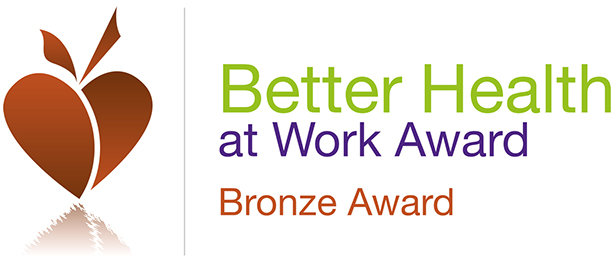Bullying at School: Using the Power for Good to Support Mental Health
Every November, schools across the UK take part in Anti-Bullying Week, a national campaign led by the Anti-Bullying Alliance to raise awareness and inspire positive change. This year’s theme, “Power for Good,” reminds us that everyone has the power to make a difference, to speak up, to stand together, and to create safer, kinder school communities.
The Impact of Bullying on Mental Health
Bullying can take many forms, physical, verbal, social, or online, and it can deeply affect how a child or young person feels about themselves and the world around them.
The effects can include:
- Low self-esteem and confidence
- Feelings of isolation, sadness, or anxiety
- Trouble sleeping or concentrating
- Avoidance of school or social situations
No one should ever feel alone in dealing with bullying. Recognising the signs and taking early action can make a real difference to a young person’s wellbeing and recovery.
The Role of Schools and Mental Health Support Teams
Across the UK, Mental Health Support Teams (MHSTs), such as Alliance Children, Young People and Families are working within schools to help children and young people manage emotional and mental health challenges, including the impact of bullying.
These teams are made up of trained professionals who work alongside teachers, pastoral leads, and families to:
- Offer early intervention for issues like anxiety, low mood, or worry related to bullying
- Deliver one-to-one or group sessions in schools
- Support staff to promote positive mental health across the whole school
- Encourage open conversations about emotions, resilience, and kindness
If your school has an MHST, pupils can usually access support through a teacher, School Mental Health Lead, or Pastoral Lead. Parents and carers can also ask the school about referral routes or local wellbeing services.
Turning Power into Kindness
The theme “Power for Good” highlights that each of us, whether a student, teacher, or parent has influence.
We can use that power to:
- Speak up when we see bullying or unkind behaviour
- Reach out to those who may be struggling or isolated
- Model kindness and respect in everyday interactions
- Encourage conversations about mental health and wellbeing
Small actions can have a big impact. A kind word, an invitation to join in, or standing beside someone who feels left out can change a day, and sometimes, change a life.
Where to Find Support
If you or someone you know is being bullied, remember there is help available:
- Speak to someone you trust – a teacher, family member, or school staff.
- Access your school’s MHST – they can offer emotional support and coping strategies. Check if your school is an Alliance MHST school here
- Reach out for free, confidential help:
- Childline – Call 0800 1111 or visit www.childline.org.uk
- YoungMinds – Text YM to 85258 for free, 24/7 support
- The Mix – Visit www.themix.org.uk for advice for under-25s
Together, We Can Make a Difference
Anti-Bullying Week’s message of Power for Good reminds us that compassion, courage, and connection are powerful tools for change.
By working together schools, families, and Mental Health Support Teams we can make sure every young person feels safe, valued, and supported to thrive.






